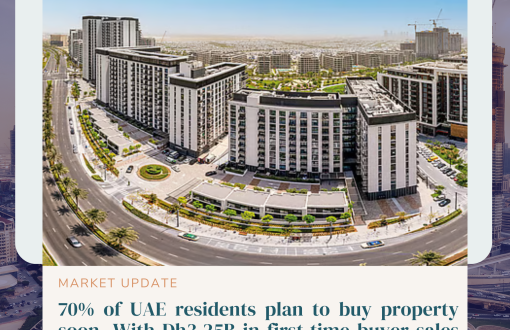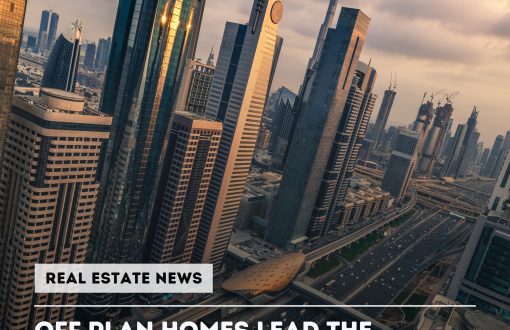Dubai, a long-standing economic hub and symbol of opulence in the Middle East, continues to attract significant investment, particularly in its real estate sector. According to Julius Baer’s Global Wealth and Lifestyle Report, Dubai ranks 12th globally and is the 6th most expensive city in the Europe, Middle East, and Africa (EMEA) region, thanks to its competitive cost of living compared to major global cities.
Investment Surge Among the Ultra-Rich
The report highlights that the ultra-rich in the Middle East are increasingly bullish about their investment outlook, with 72% investing more year-on-year. This trend is driven by Dubai’s unique geographical advantage, situated at the crossroads of the East and the West, which makes it a prime location for global business expansion. The city’s strategic location has also made it an attractive hub for investors seeking access to lucrative markets across multiple continents.
Real Estate Market Dynamics
The real estate sector, accounting for 8.9% of Dubai’s economy, is experiencing impressive dynamism. Property prices in Dubai have surged by 16% in US dollar terms, making real estate a key asset in the Middle East. The report reveals that Dubai’s property market is currently the most active $10 million housing market globally, with both local and global demand at an all-time high.
Sophisticated and smart investors are increasingly drawn to Dubai’s luxury and branded real estate market, given the city’s competitive advantage over global and regional peers. More than half of wealthy Middle Easterners surveyed reported increased spending on residential property over the past 12 months, with 58% planning to spend more in the coming year. No other region comes close to this level of investment activity.
Luxury Spending and Economic Growth
Price rises for all goods and services in the Julius Baer Lifestyle Index slowed to 4.0% in US dollars over the past 12 months. The Middle East, along with APAC, saw the highest growth in spending by high-net-worth individuals (HNWIs) on travel and hospitality. Business travel spending increased by 65%, and leisure travel by 67%, reflecting the region’s robust economic growth and world-class infrastructure.
Luxury goods, including designer clothing, jewellery, and watches, remain in high demand among Middle Eastern HNWIs. However, the most significant spending has been on luxury residential properties, highlighting the region’s focus on premium real estate investments.
Future Outlook
Dubai’s real estate market shows no signs of slowing down. With a continued influx of wealthy investors seeking luxury properties, the city’s appeal as a global investment hotspot remains strong. The report concludes that Dubai will remain on the radar of global investors, driven by its strategic location, competitive living costs, and dynamic real estate market.
As Dubai continues to thrive amid global economic challenges, it stands as a testament to the resilience and attractiveness of its property market, offering unparalleled opportunities for investors worldwide.





